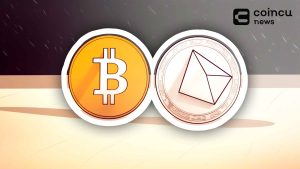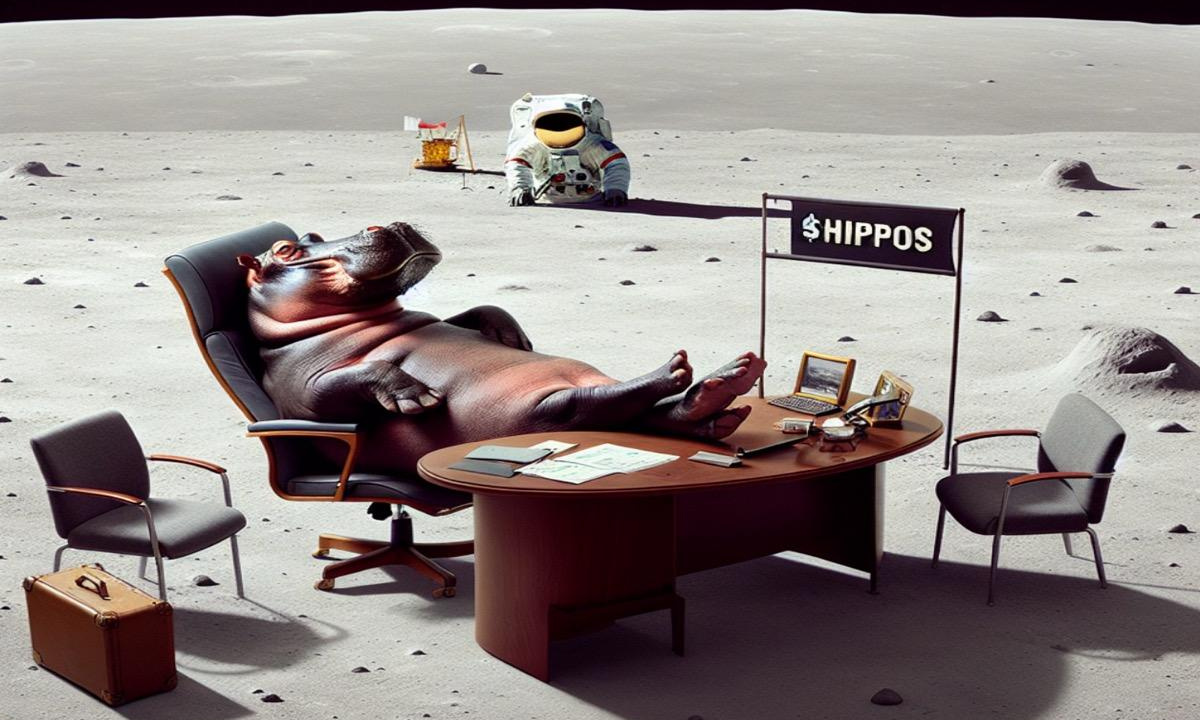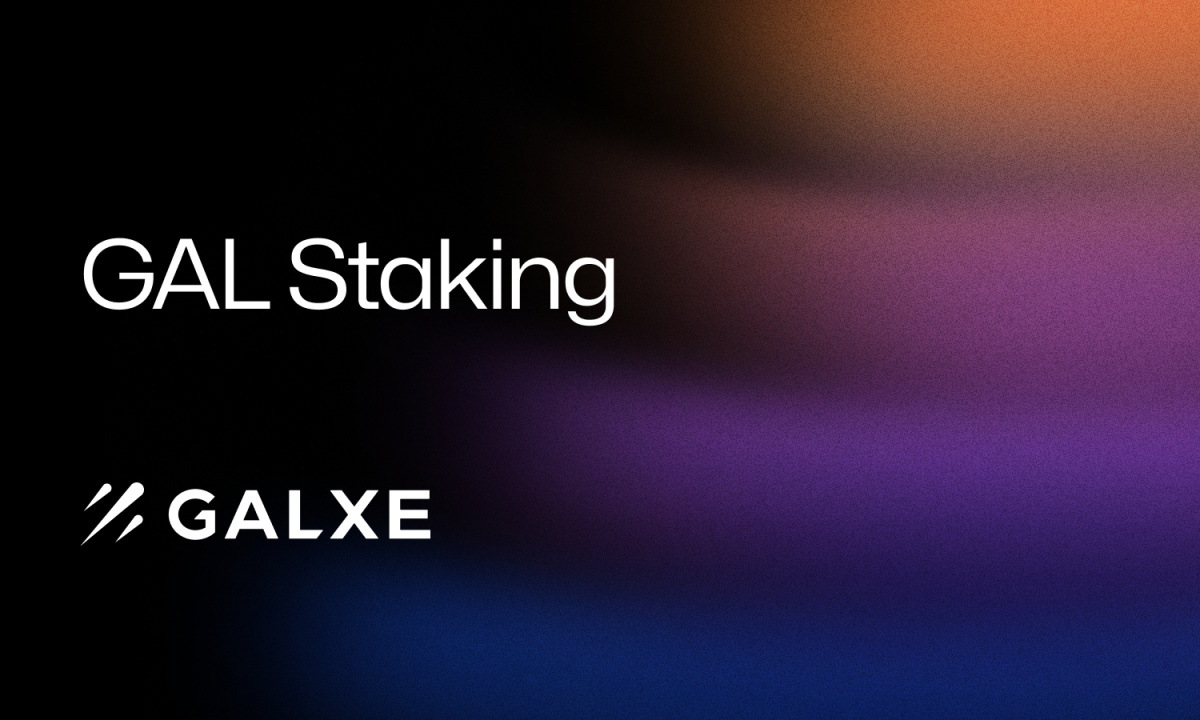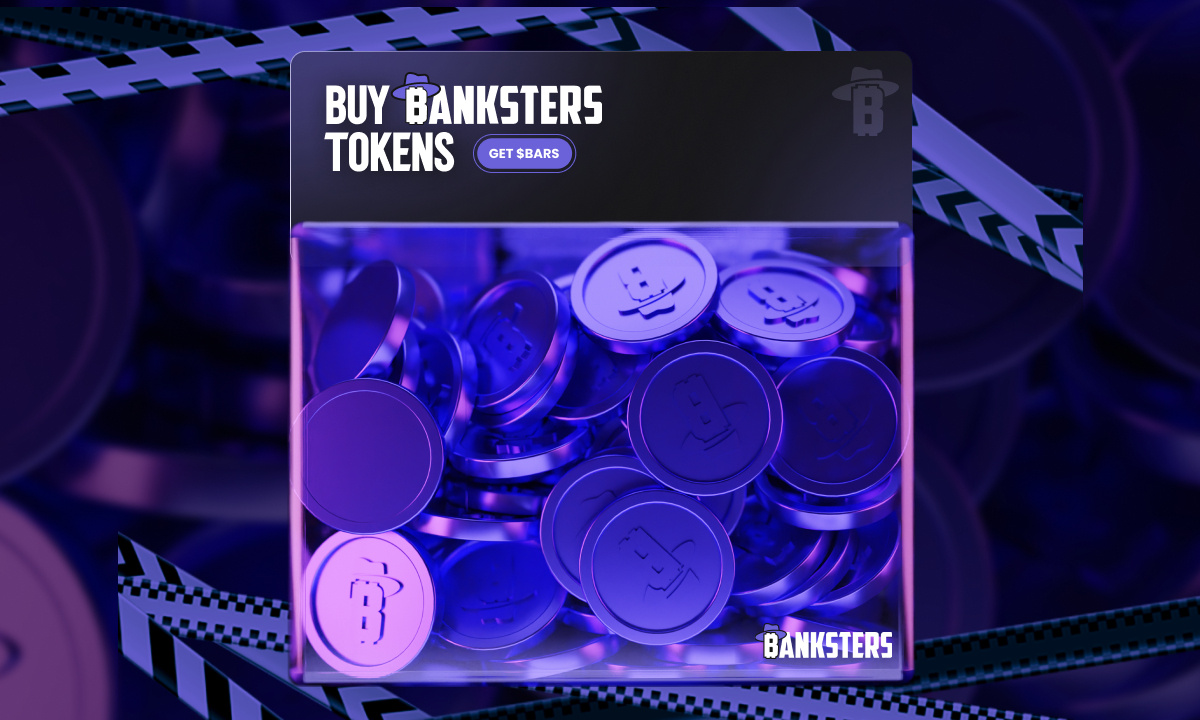If the peer review system collapses, what good is it to Cardano to rely on it?
In a recent interview with Lex Fridman, Charles Hoskinson, the creator of Cardano and co-founder of Ethereum, gave his perspectives on Bitcoin. The 33-year-old was not praised, labeled “slow” and badly needed an update. Hoskinson also looked at the recent Bitcoin convention in Miami and compared the entire thing to a ridiculous religious movement.
“All my life I have not understood what the hell is Bitcoin?” Asked Hoskinson.
But while Bitcoin has shown itself as a blockchain that could accommodate to a decade of history, many in the crypto sector have significant questions about the “point” of Hoskinson’s own Cardano project.
A week before this interview was broadcast, Vitalik Buterin sat down with Fridman to get a heated discussion. The Russian-Canadian developer was asked about Cardano and if he believes Hoskinson’s job is a future. Buterin criticized Cardano’s trust at a system that’s been evaluated by experts. Instead of focusing on academic proof, Buterin urges a heuristic approach. This is a clever dig, a super trendy mike drop.
Related: Bitcoin is “its own worst enemy” and will lose to Ethereum: Charles Hoskinson
For those unfamiliar with Cardano, the thought of Peer review is part of an emerging proof-of-stake blockchain platform. This, we said, got investors excited. And so it should be in an ideal world. Peer review is the most important measure of scientific validity. The evaluation process is invaluable for advancement.
Cardano asserts that the term “peer review” is more than a clever marketing ploy, an innovative means of adding some excellence to the proof-of-stake blockchain platform. However, Hoskinson is a staunch advocate of peer review too fierce defense from any criticism that comes his way. He seems to be fully invested in academic proof. But is that a smart investment?
If you really examine the condition of today’s peer review systems, the response seems to be no. After all, the positive peer review system is, as we say, “toxic”.
Last year, David Rosentahl, a well-respected British-American scientist, wrote an article entitled Breaking: Broken Peer Reviews. As Rosentahl asserts, the peer review has been in dire straits for “more than a decade” with regular fraud.
How science The magazine cautioned 2018 that “the number of articles withdrawn from magazines” has increased “tenfold in the last 10 years”, with fraud accounting for “around 60% of them”. Three years after it does not look to be getting any better. If anything, they keep getting worse.
All over the world, from mathematics to the social sciences, bias and tribalism continue to plague the peer review system.
Dr. John Baumgardner asks the following query: “Are there situations in which the scientific method has to work, but which ones? Not provide an “exact description of the world” – that is, an exact description of how things really are? “Unfortunately, Baurngardner concluded, the answer is yes.” To paraphrase Masonic Dyson, science is more of a mystery than a fact.
What is the purpose of Cardano?
If Bitcoin is nothing more than an over-religious movement, then what is Cardano? Fridman put this question to Hoskinson, who then spoke nine minutes in a row about how Cardano is giving people in developing countries a “digital identity”.
Others, however, see Hoskinon’s thought as something not as noble. According to CEO Galaxy Digital Mike Novogratz, Cardano is a “cult” and “weird” individual at this time. This makes Hoskinson a normal cult leader.
Regardless of the pros and cons of the technology inherent the Cardano blockchain, and anything else which Hoskinson’s devotees might discover worth investing in, the concern that the cult of science is very real can prove to be quite problematic.
The irony of Hoskinson’s argument is that while Satoshi Nakamoto didn’t survive the peer-examined around to release his whitepaper, the market itself passed judgment on Bitcoin. If the peer review”the assesses the work by one or more individuals with similar proficiency as the work manufacturer “Bitcoin has been rated by a number of the planet’s most talented developers for centuries.
It certainly has its critics. It has its shortcomings. But contact the real world has forged Bitcoin’s resilience. And if Cardano will endure the real use temperatures remains controversial – as tech historians like to remind usBetamax technology also outperforms VHS.
The perspectives, ideas, and opinions expressed herein are the author’s own and don’t necessarily reflect the views and opinions of Cointelegraph.
John Mac Ghlionn is a cultural scholar and commentator. His work was published by the enjoys of Bitcoin Magazine, New York Post, Sydney Morning Herald, and National evaluation. Follow him on Twitter @ghlionn
.
.



















